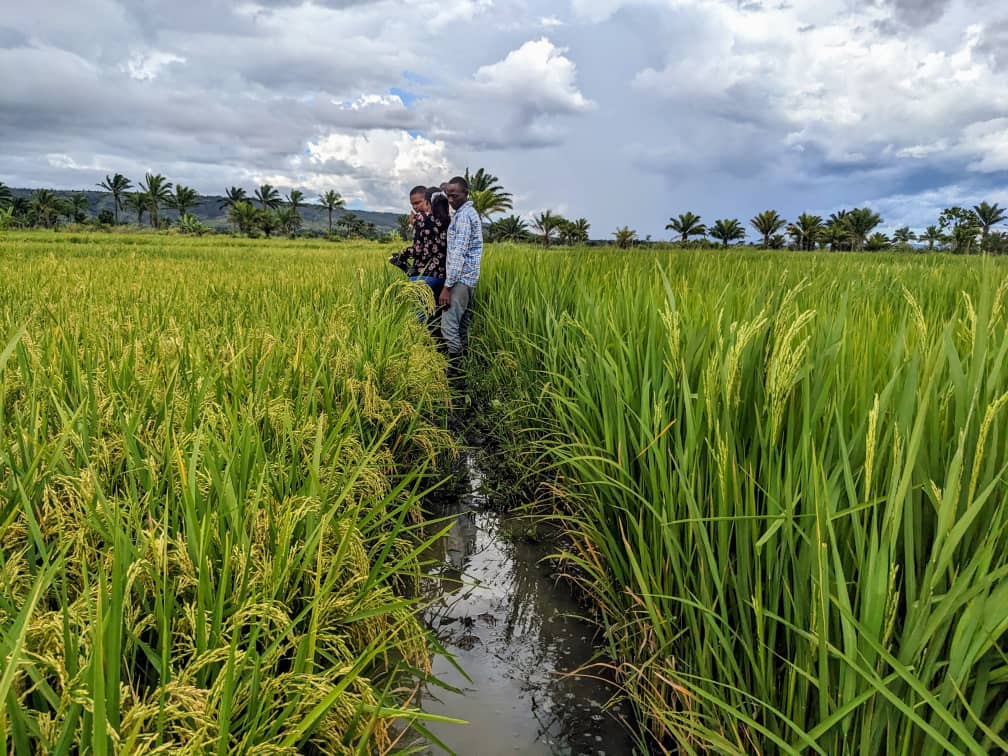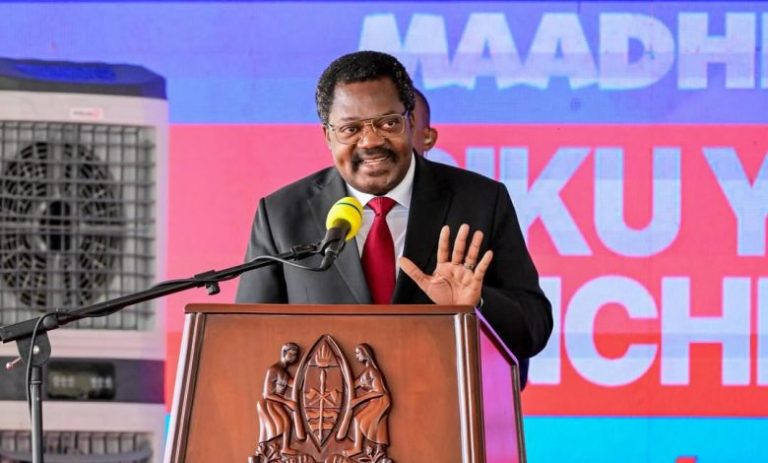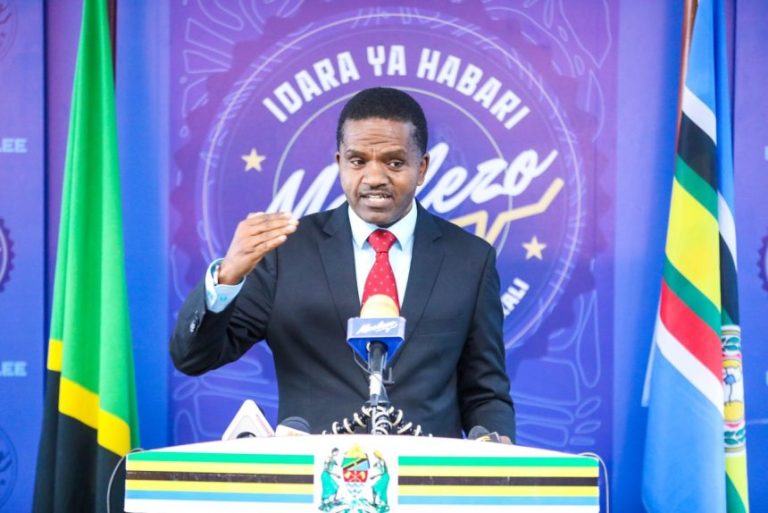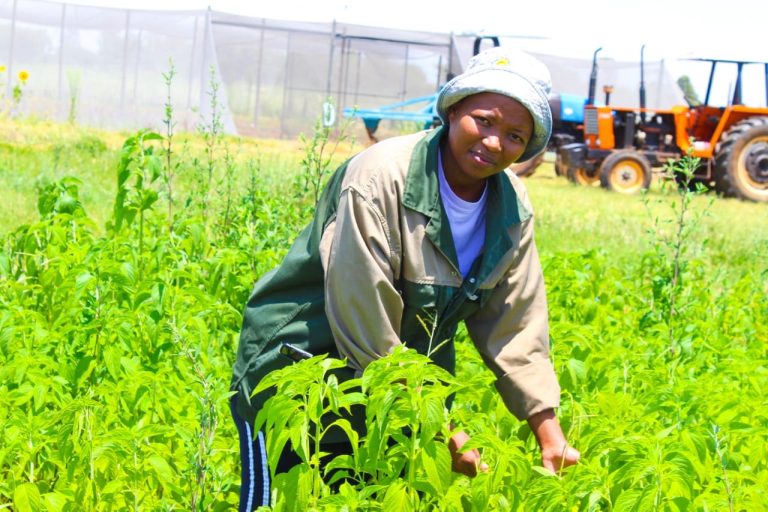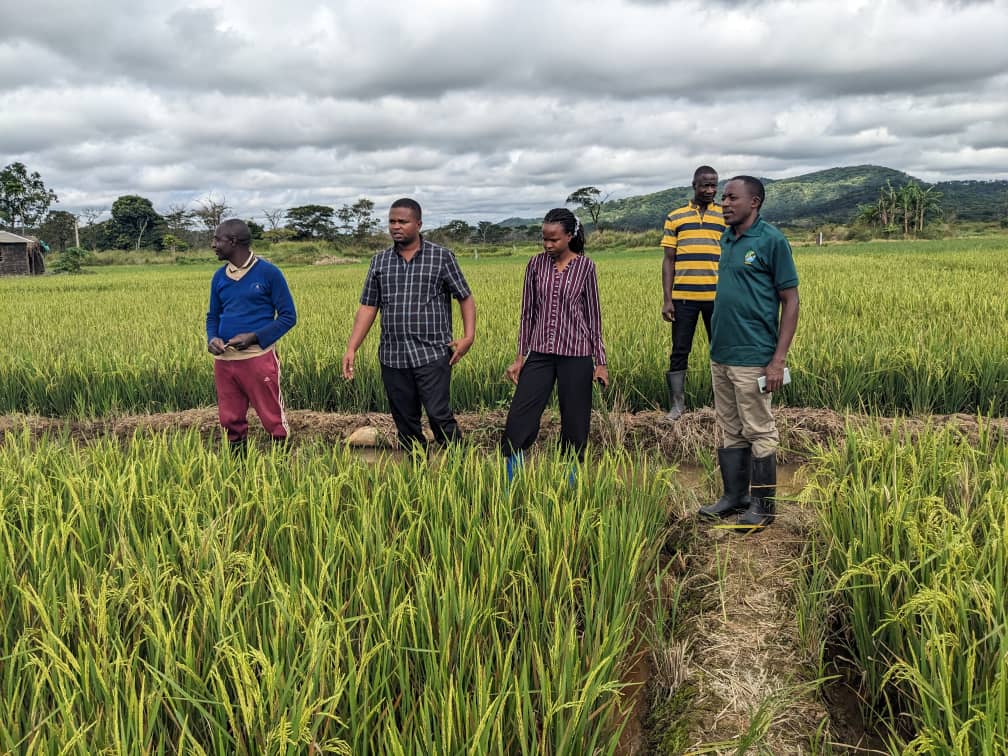
This effort, led by TARI in partnership with the National Plant Genetic Resources Center (NPGRC) and the Tanzania Plant Health and Pesticide Authority (TPHPA), aimed to restore and conserve genetic diversity that is often neglected in modern seed systems.
KIGOMA. AMID mounting concerns over yield stagnation, food insecurity, and climate vulnerability in western Tanzania, the Tanzania Agricultural Research Institute (TARI), through its Kihinga Center, is leading a quiet revolution.
At the heart of this change is not a new chemical or machine, but a seed, a traditional one.
Drawing strength from the Biodiversity for Opportunities, Livelihoods and Development (BOLD) project under the Crop Trust, TARI is working to demonstrate how the conservation and regeneration of landraces, traditional, farmer-bred crop varieties, can become powerful tools for strengthening food systems, improving livelihoods, and increasing climate resilience.
In Kinonko Village, within the Katengera Irrigation Scheme, 125 rice accessions were regenerated during the 2023/2024 seasons under both rainfed and irrigated conditions.
This effort, led by TARI in partnership with the National Plant Genetic Resources Center (NPGRC) and the Tanzania Plant Health and Pesticide Authority (TPHPA), aimed to restore and conserve genetic diversity that is often neglected in modern seed systems.
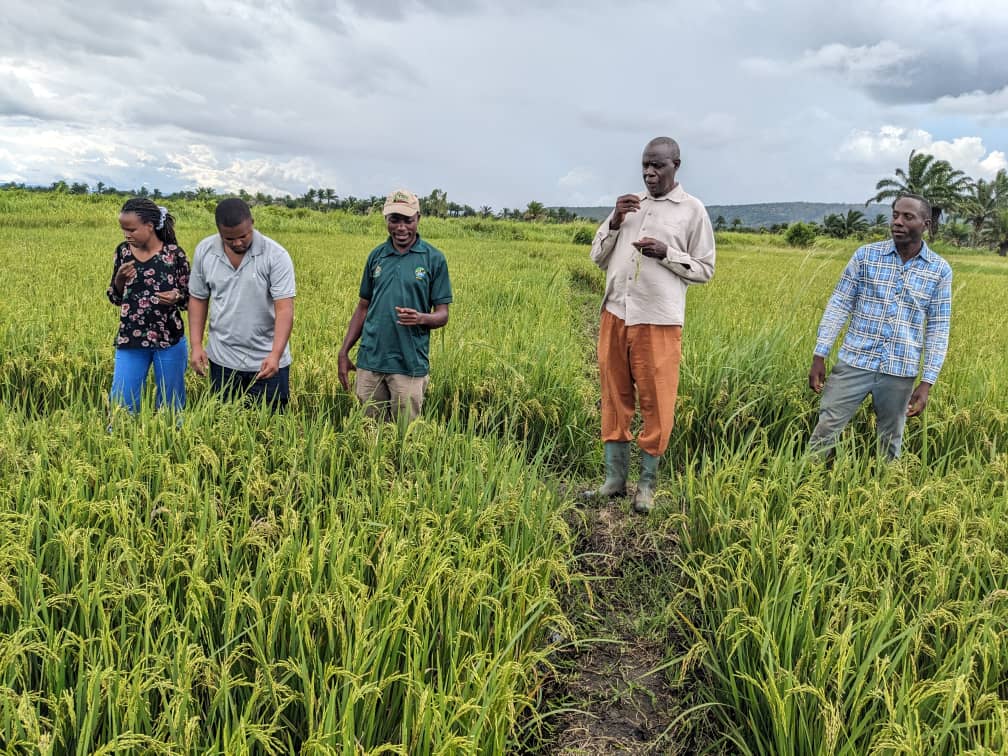
Dr. Filson Kagimbo, Director of TARI Kihinga told this publication that the trials also served as a living classroom, where farmers, extension agents, and government officials could observe, learn, and engage directly with traditional and experimental rice varieties.
“Among the regenerated materials, eight landraces stood out for possessing a wide range of farmer-preferred traits, such as aroma, short maturity, tillering ability, pest and disease tolerance, and good grain yield.
These characteristics are often lost in commercial breeding programs, but in the Katengera fields, they came back to life,” he said.
He added that on landrace in particular sparked a movement.
He expressed, Mr Fredrick Mathayo Kagoma, a farmer participating in field demonstrations, was struck by one landrace’s performance.
“He observed how it competed with the popular SARO variety in grain filling, aroma, and early maturity. Quietly, he secretly took a handful of seeds from the regeneration trial, cultivated them, and started sharing the offspring with nearby farmers,” Dr Kagimbo added.
Detailing over the fruitful execution of the project, Mr Fredrick Mathayo Kagoma, expressed that within a two planting seasons, over 20 farmers in Kinonko were planting this landrace, rediscovered, multiplied, and passed from one household to another in a grassroots seed system.
“This landrace is different. It matures fast, smells good, and grows strong. We couldn’t keep the secret to ourselves,” said Kagoma.
When news of this farmer-led initiative reached TARI, a research team led by Dr. Filson Kagimbo, paid a visit.
After assessing the variety’s potential, Dr. Kagimbo emphasized that such community-identified landraces deserve scientific backing, official recognition, and national dissemination.
“When farmers start leading change like this, we must support and formalize it. This landrace may be traditional, but its future is modern.” Dr Kagimbo informed.
As part of key initiative to build a seed system for resilience, Dr Kagimbo said the revival of the Kinonko landrace echoes the broader goals of the BOLD project: conserving genetic diversity, regenerating landraces, and enhancing community resilience.
While farmers have historically relied on saved seed, access to quality, reliable planting materials remains a challenge.
“Seed mixtures, low germination rates, and uncertainty in variety identity erode both yield potential and farmer confidence,” he detailed.
He said through initiative, TARI also introduced the farmers to both, landraces and improved varieties.
“The purpose is to rebuild trust in the seed system. The selected landraces, once characterized and validated, will undergo multiplication and be distributed freely to farmers, giving them the power to choose seeds that suit their agroecological realities and household needs,” he further explained.
Mr Masoud Salehe, BOLD Project Manager said the project is not just conserving seeds, but cultivating opportunity.
“This landrace is a bridge between tradition and tomorrow,” he said.
He said the project has successfully managed to scale-up innovation through local wisdom.
“The success of Kinonko is not an isolated case. TARI’s wider strategy across Kigoma Region includes training of more than 250 farmers in modern, sustainable rice production methods.
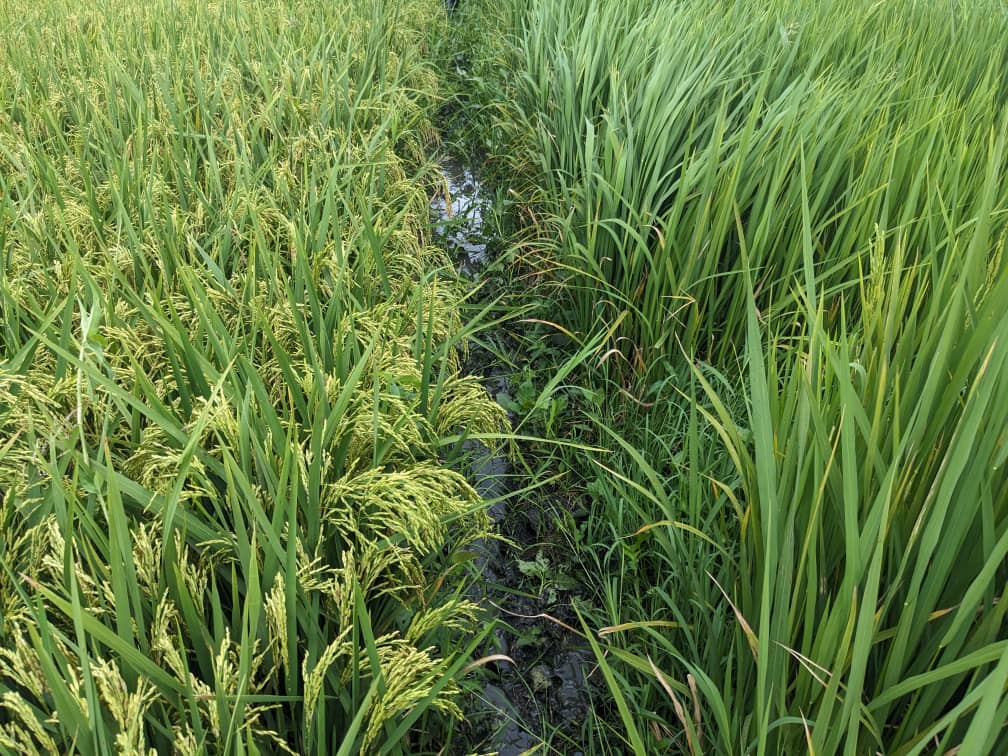
He said the project has also reached over 100 farmers through field days, exhibitions, and on-farm demonstrations.
“We have also promote the System of Rice Intensification (SRI), a technique that combines indigenous knowledge with climate-smart practices,” Mr Salehe said.
The Kinonko landrace now sits at the center of this transformation. It embodies the synergy between science and community, tradition and technology.
The momentum from Kinonko has captured national attention. The Ministry of Agriculture has now directed TARI to officially identify, characterize, and release farmer-preferred landraces across the country.
This policy shift aims to expand the seed basket available to farmers, ensuring that diversity, resilience, and farmer choice are integral parts of national food security planning.



